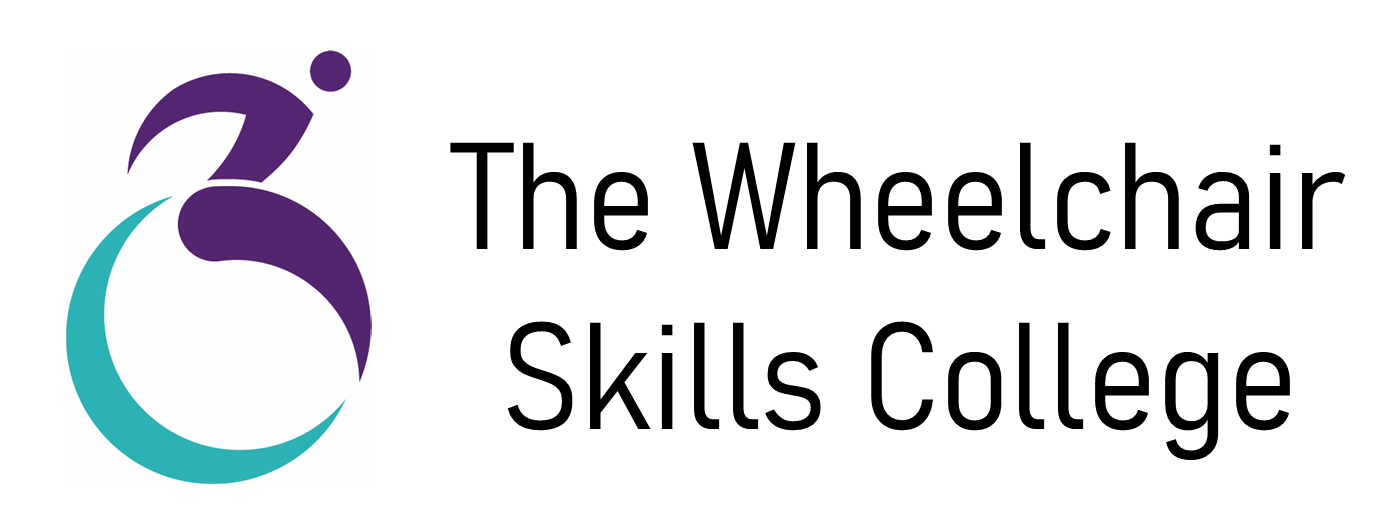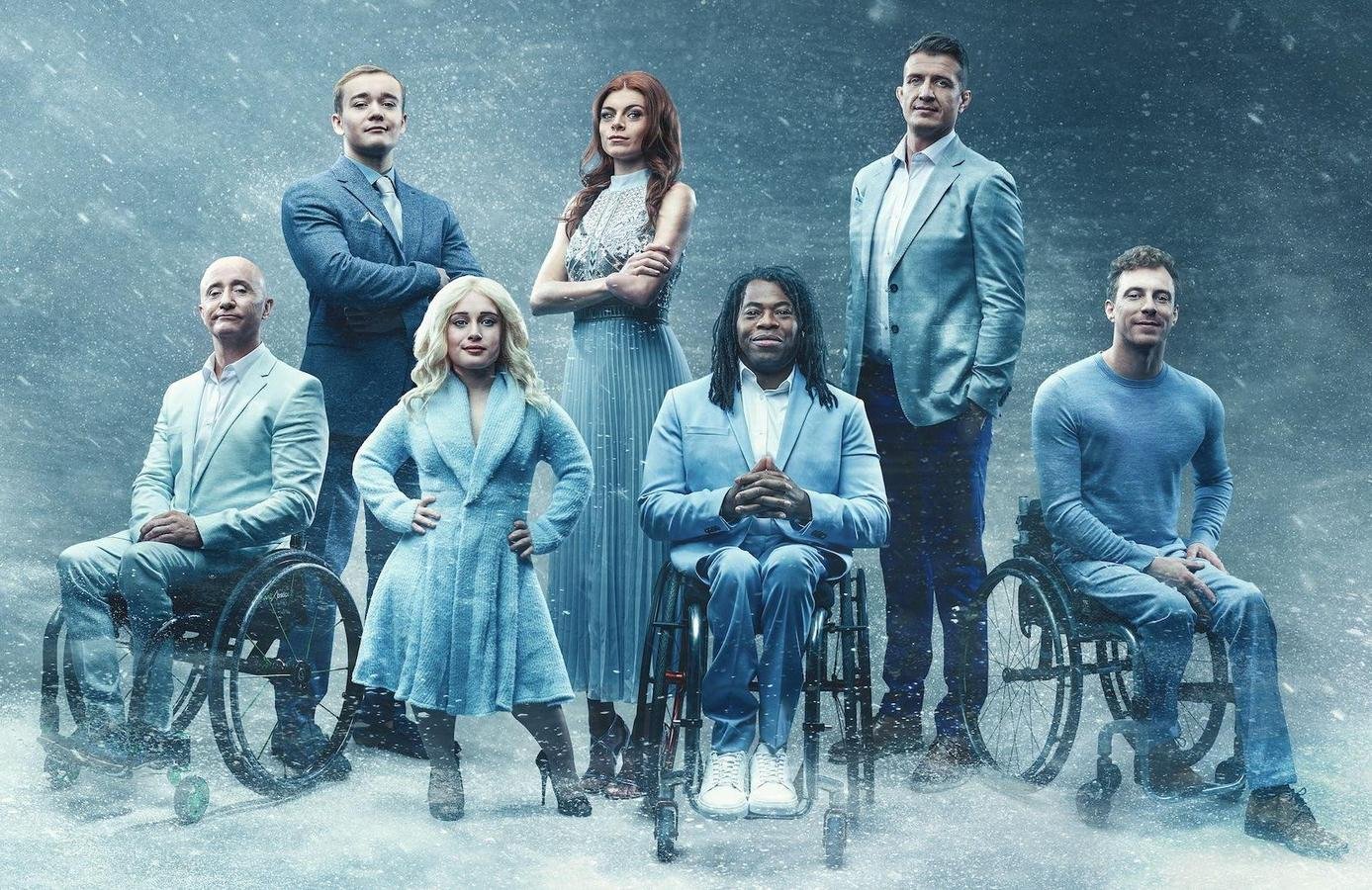Can you see who you are?
Next month sees the start of the 2022 Winter Paralympics in Beijing. While it will showcase the highest level of athleticism and be fantastic to watch, there is something else happening that is worth talking about.
In a global first, Channel 4 have announced an all-star disabled presenting team to cover over 80 hours of events during the 10 day games. This is a real step forward in representation of disabled people in the media, and though part of me thinks that it should have happened sooner, I’m not going to let that dampen my elation at this progress.
Disability sport has become a showcase for disabled people, quite separate from their day-to-day lives. Earlier this year Paralympic swimmer, Will Perry, talked about his experience of competing at the highest levels, receiving accolades, then being verbally abused in his daily life.
I know that many, many wheelchair users (including myself) often get asked if they are aiming for the Paralympics. It seems to be a default question from strangers as an ice breaker. It is a subtle shift having a disabled presenting team, but it is powerful to show disabled people in roles other than sportsperson.
I’ve played a lot of sport, and though I really enjoy it, it’s not something that I want to pursue at an elite level. You need to have real talent and a commitment to refining your abilities daily to be that competitive in sport. Neither of which I have.
Showing disabled people in different roles will, I hope, change the public perception of what disability is and can be. More importantly, it will show young disabled people that there are opportunities they can aspire to beyond sport.
Representation in the media is good, but it needs to happen in everyday life too. Last week I taught my first wheelchair skills session of the year at Watergate Primary School in Lewisham. There was so much enthusiasm and energy in the session. The kids put so much effort in and were soon whizzing round an assault course I had set up for them.
I had such a fun time teaching them, and it was a learning experience for me as well. I am always grateful for opportunities to learn. The attendees have profound and multiple learning disabilities (PMLD) and were non-verbal which meant that it was a different style of session to others I’ve delivered. I focused less on the technical explanations of the skills and more on teaching through demonstration. Although a different style of session, the outcomes were the same. The great thing about wheelchair skills is in how flexible they can be depending on the student.
Wheelchair skills are not limited to part of the wheelchair-using community. Everyone can learn more. Wheelchair skills are about building confidence and gaining independence. In the first session of the year, I learned what that looked like for a group within the community that I’ve not had the delight of working with before.
After the session, their teacher told me that while the school offers loads of opportunities to the kids, they’re not taught by wheelchair users and how great it was for them to see me in that capacity.
With the increased confidence to get out and about, wheelchair users’ greater visibility in the community will hopefully lead to recognition that there is more to disability than Paralympics.





